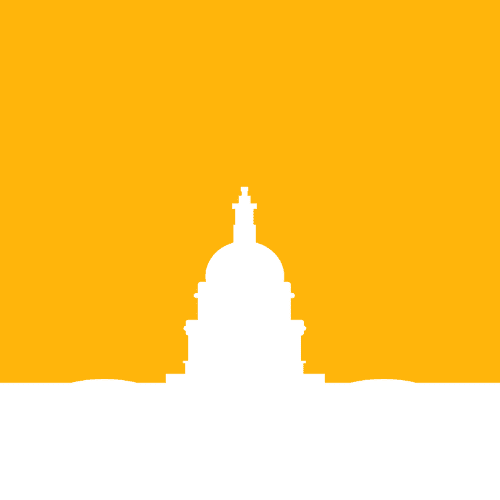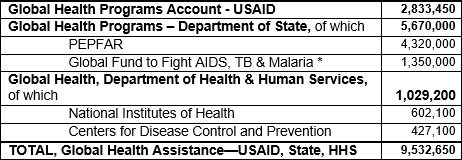Support the Global HER Act to Repeal the Global Gag Rule

After millions of women around the world rallied on January 21 in opposition to anti-woman policies, yesterday, President Trump wasted no time in imposing the Global Gag Rule via memorandum. Trump’s Global Gag Rule dramatically expands the scope of the policy to all “global health assistance furnished by all department or agencies”—not just family planning assistance.
By expanding the application of the GGR to all global health assistance provided across the entire U.S. government, the GGR will apply to assistance provided by USAID, the Department of State, and the Department of Health and Human Services (principally the National Institutes of Health and the Centers for Disease Control and Prevention). Foreign NGOs receiving U.S. government health assistance for family planning, maternal and child health, nutrition, HIV/AIDS (including PEPFAR), infectious diseases, malaria, tuberculosis, and neglected tropical diseases, will now be required to certify that the organization does not provide abortion services, counsel or refer for abortion, or advocate for the liberalization of abortion laws with non-U.S. funds as a condition of receiving assistance from the U.S. government.
U.S. NGOs will continue to remain eligible for global health assistance from the U.S. government—even if the U.S. NGO engages in abortion-related activities, as long as supported with private, non-U.S. funds—but U.S. NGOs will have to enforce the expanded GGR eligibility condition on their foreign NGO partners.
In monetary terms, the expansion of the coverage of Trump’s GGR means that more than 16 times the amount of funding may be impacted than if GGR was applied only to bilateral family planning assistance—$575 million for family planning versus a total of at least $9.5 billion for global health assistance, government-wide.
FY 2016 Consolidated Appropriations Act—P.L. 114-113 (in thousands)

*To be determined if GGR restrictions apply
Source: Kaiser Family Foundation, Budget Tracker
Because of the reinstatement of the 2001 standard provision, it would also seem that Trump’s GGR should not be applied until a foreign NGO faces a new funding action. According to the accompanying cover memo, “these paragraphs are to be included in the Standard Provision when any existing grant or cooperative agreement for family planning activities is amended to add new funding.”
Based on the fact that the Trump presidential memorandum specifically reinstates the 2001 policy but not a subsequent 2003 Bush memorandum that applied the GGR to State Department “voluntary population planning” activities, the expanded 2017 GGR may theoretically not affect funding for health programs provided in humanitarian settings by the State Department Bureau of Population, Refugees, and Migration and the USAID Office of Foreign Disaster Assistance, funded by humanitarian and disaster assistance accounts.
But the magnitude of the impact on global health programs of the expanded Trump GGR is wholly dependent on the implementation of “the plan” to be developed in the coming days by the Secretary of State and HHS Secretary and how the scope of U.S. government “global health assistance” is defined. All U.S. recipients of global health assistance need to begin to assess and attempt to understand the potentially massive implications for their critically needed health activities in the field and for their valued overseas partners in Africa, Asia and Latin America.
Stay informed about the issues impacting sexual and reproductive health and rights.